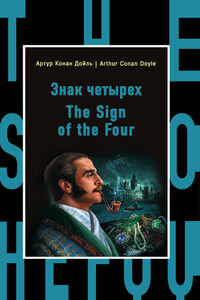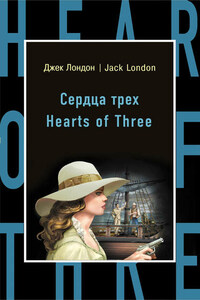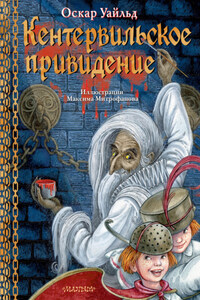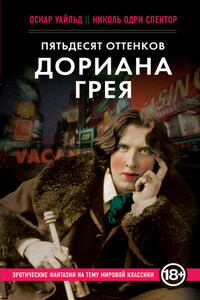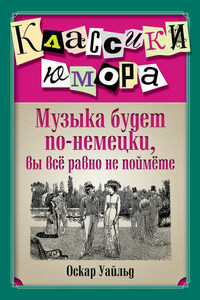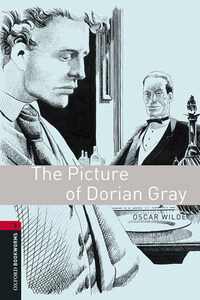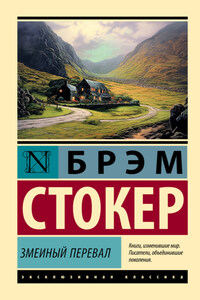John T. Unger came from a family that had been well known in Hades[1] – a small town on the Mississippi River[2] – for several generations.
John’s father had held the amateur golf championship through many a heated contest; Mrs. Unger was known ‘from hot-box to hot-bed,’ as the local phrase went, for her political addresses; and young John T. Unger, who had just turned sixteen, had danced all the latest dances from New York before he put on long trousers. And now, for a certain time, he was to be away from home. That respect for a New England[3] education which is the bane of all provincial places, which drains them yearly of their most promising young men, had seized upon his parents. Nothing would suit them but that he should go to St. Midas’[4] School near Boston[5] – Hades was too small to hold their darling and gifted son.
Now in Hades – as you know if you ever have been there – the names of the more fashionable preparatory schools and colleges mean very little. The inhabitants have been so long out of the world that, though they make a show of keeping up to date in dress and manners and literature, they depend to a great extent on hearsay, and a function that in Hades would be considered elaborate would doubtless be hailed by a Chicago[6] – beef-princess as ‘perhaps a little tacky.’
John T. Unger was on the eve of departure. Mrs. Unger, with maternal fatuity, packed his trunks full of linen suits and electric fans, and Mr. Unger presented his son with an asbestos pocket-book stuffed with money.
‘Remember, you are always welcome here,’ he said. ‘You can be sure, boy, that we’ll keep the home fires burning.’
‘I know,’ answered John huskily.
‘Don’t forget who you are and where you come from,’ continued his father proudly, ‘and you can do nothing to harm you. You are an Unger – from Hades.’
So the old man and the young shook hands and John walked away with tears streaming from his eyes. Ten minutes later he had passed outside the city limits, and he stopped to glance back for the last time. Over the gates the old-fashioned Victorian[7] motto seemed strangely attractive to him. His father had tried time and time again to have it changed to something with a little more push and verve about it, such as ‘Hades – Your Opportunity,’ or else a plain ‘Welcome’ sign set over a hearty handshake pricked out in electric lights. The old motto was a little depressing, Mr. Unger had thought – but now…
So John took his look and then set his face resolutely toward his destination. And, as he turned away, the lights of Hades against the sky seemed full of a warm and passionate beauty.
St. Midas’ School is half an hour from Boston in a Rolls-Pierce motorcar. The actual distance will never be known, for no one, except John T. Unger, had ever arrived there save in a Rolls-Pierce and probably no one ever will again. St. Midas’ is the most expensive and the most exclusive boys’ preparatory school[8] in the world.
John’s first two years there passed pleasantly. The fathers of all the boys were money-kings and John spent his summers visiting at fashionable resorts. While he was very fond of all the boys he visited, their fathers struck him as being much of a piece, and in his boyish way he often wondered at their exceeding sameness. When he told them where his home was they would ask jovially, ‘Pretty hot down there?’ and John would muster a faint smile and answer, ‘It certainly is.’ His response would have been heartier had they not all made this joke – at best varying it with, ‘Is it hot enough for you down there?’ which he hated just as much.
In the middle of his second year at school, a quiet, handsome boy named Percy Washington had been put in John’s form. The newcomer was pleasant in his manner and exceedingly well dressed even for St. Midas’, but for some reason he kept aloof from the other boys. The only person with whom he was intimate was John T. Unger, but even to John he was entirely uncommunicative concerning his home or his family. That he was wealthy went without saying, but beyond a few such deductions John knew little of his friend, so it promised rich confectionery for his curiosity when Percy invited him to spend the summer at his home ‘in the West.’ He accepted, without hesitation.
It was only when they were in the train that Percy became, for the first time, rather communicative. One day while they were eating lunch in the dining-car and discussing the imperfect characters of several of the boys at school, Percy suddenly changed his tone and made an abrupt remark.

